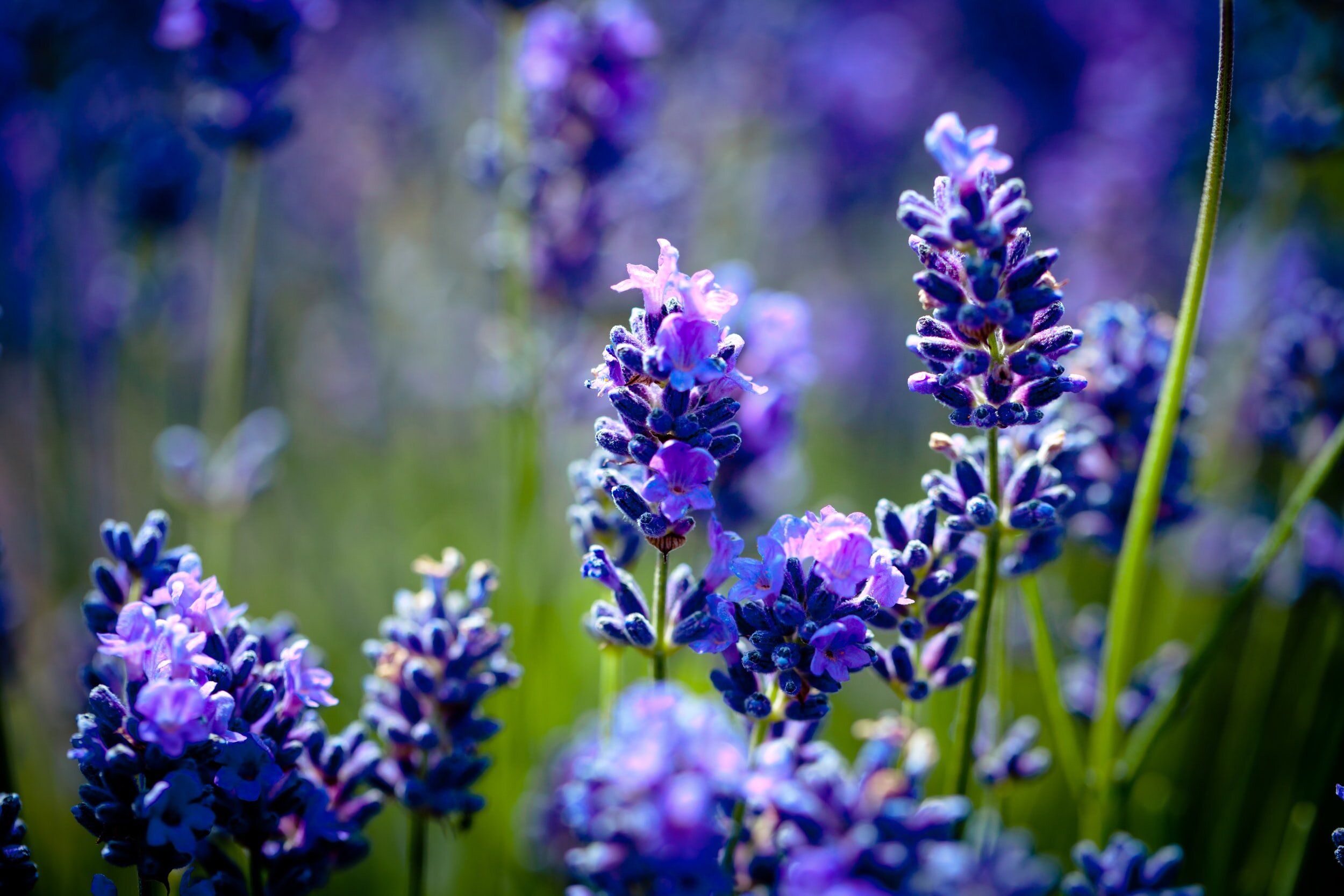
Frequently asked questions
FAQS
Disclaimer: The following is intended exclusively for educational purposes and should not be construed as legal advice. Laws, regulations, and their interpretation can change rapidly and can also vary from place to place; individuals are advised to seek professional legal advice regarding their specific needs and situation.
Note: these FAQs are applicable to the United States only; regulations and laws vary greatly around the world related to herbal practice and products.
WHAT IS AN HERBALIST?
An herbalist dedicates their life to learning and working with medicinal plants. The field of study is broad, with many avenues to venture along. An Herbalist can be a native healer, naturopath, scientist, researcher, herbal pharmacist, medicine maker, wild crafter, harvester, farmer, or holistic practitioner, to name a few.
Besides the AHG’s Registered Herbalist, non-licensed credentials include the Diplomate in Chinese Herbology offered by the National Certification Commission of Acupuncture and Oriental Medicine (NCCAOM).
The AHG Registered Herbalist credential is a voluntary, peer-reviewed credential that allows the practitioner to refer to themselves as a Registered Herbalist (RH).
Be aware that some people can attend weekend seminars or brief certificate programs and begin practicing with little actual clinical experience. Most clinical herbalists practicing in a professional setting have gone through an accredited program of herbal studies with supervised practice and proper examination. Herbalists should have an extensive knowledge of the medicinal potential of botanical medicines and a solid understanding of human physiology and pathophysiology. This allows them to provide holistic and individualized support for illness. If you are looking for a local Herbalist, I recommend to check out the American Herbalists Guild.
I am not a medical doctor; I do not diagnose or treat any medical conditions. I act in the capacity of an herbalist / wellness consultant and educator. My services are provided legally under section 577, the California Health Freedom Legislation.
WHAT IS A WELLNESS CONSULTATION?
Once an initial consultation is scheduled, I will send you a comprehensive intake form to fill out before our appointment, if possible. If you do not have the means to fill out the intake form beforehand, I can fill it out with you during the initial consultation. The initial consultation will be about 60 minutes, depending on the nature of the visit. During this time we will discuss your primary complaint and personal wellness goals more extensively. I will then spend some time reviewing the intake, making my assessment, and then providing you with a comprehensive write-up of my herbal, dietary, and lifestyle recommendations. Follow-ups are about 30 minutes per session and may include discussion of modifications that need to be made. I am currently offering remote consultations that can be done over Zoom or a phone call.
WHAT IS AN HERB?
Herbs include any plant or plant part used for its therapeutic value.
WHAT IS HERBAL MEDICINE?
Herbal medicine is the art and science of using herbs to promote health and prevent illness. With a written history dating back more than 5000 years, it has persisted as the primary form of medicine on this planet. Even though the use of herbs in America has been overshadowed by modern medication dependency over the last hundred years, 75% of the world’s population still rely primarily on traditional healing practices, much of which is herbal medicine.
HOW SAFE ARE HERBS?
The safety of an herb depends on a few different factors: the herb, the dose, the preparation. Most herbs sold as dietary supplements are very safe. The majority of herbs used by practitioners, when used appropriately, have no adverse side effects. A review of the traditional and scientific literature worldwide demonstrates that serious side effects from the use of herbal medicines are rare. According to Norman Farnsworth: “Based on published reports, side effects or toxic reactions associated with herbal medicines in any form are rare. In fact, of all classes of substances reported to cause toxicities of sufficient magnitude to be reported in the United States, plants are the least problematic."
HOW ARE HERBS DIFFERENT FROM PHARMACEUTICALS?
Most pharmaceutical drugs are single chemical entities that are highly refined and purified. They are often synthesized. In 1987 about 85% of modern drugs were originally derived from plants. Currently, only about 15% of drugs are derived from plants. In contrast, herbal medicines are prepared from living or dried plants and contain hundreds to thousands of interrelated compounds. Science is beginning to demonstrate that the safety and effectiveness of herbs is often related to the synergy of its many constituents.
